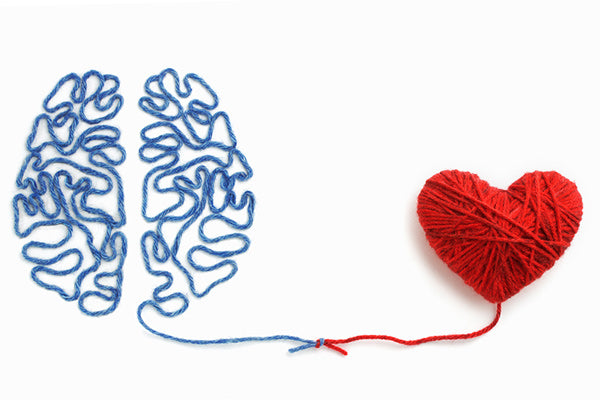
If you find yourself experiencing a lack of focus or forgetfulness, the culprit may be sleep deprivation. The number of hours you sleep doesn't necessarily reflect the quality of sleep you're getting. Sleep quality matters, too.
Research studies by the National Institutes of Health suggest that quality sleep can have lasting positive benefits for brain health. For example, when you get better sleep, you may find yourself feeling more creative during the daytime. High-quality sleep also may help support healthy cognitive function.
Follow these time-tested tips for getting better sleep.
1. Avoid Caffeine in the Afternoon
If you enjoy your morning coffee, there's no reason to give it up unless a medical professional advises you to do so. However, avoid caffeine in the afternoon because caffeine provides stimulation for up to eight hours.
2. Expose Yourself to More Bright Light in the Daytime
Exposure to bright light or sunlight in the daytime helps regulate your circadian rhythm. This increases your daytime energy and improves your nighttime sleep duration and quality.
3. Reduce Your Exposure to Blue Light in the Evening
Electronic devices such as computers and smartphones emit blue light in large amounts. Blue light tricks your brain into believing it's still daytime, which can affect your ability to fall asleep and stay asleep. Equally important, be sure to put your phone on "do not disturb" so notifications don't wake you up at night.
4. Eat Only Light Snacks Close to Bedtime
A light snack before bed may be helpful. Stick to snacks such as a few nuts or a piece of fruit. Heavy foods can cause nighttime heartburn. Also, your body is restless when it's digesting food.
5. Engage in Physical Activity During the Day
Physical activity is a science-backed way to enjoy better sleep. You likely want to exercise early in the day—not close to bedtime—because exercise is stimulating for both the body and the brain.
6. Stick to a Regular Sleep Schedule
According to Mayo Clinic, adhering to a regular sleep schedule is key to getting high-quality sleep. Try to go to bed and arise at the same time every night, including on your days off or weekends.
7. Create an Optimal Bedroom Environment
An optimal sleep environment should be dark, cool, and as soundproof as possible. Playing white noise on a sound machine or wearing a sleep headband can help you block out external noise. Also, invest in comfortable bed linens and a high-quality pillow.
8. Skip the Nightcap
Many people believe that indulging in a cocktail or glass of wine before bed can help lull them into sleep. However, research has shown that while alcohol may help you initially fall asleep, it prevents you from drifting into a deep sleep.
9. Limit Liquids 1-2 Hours Before Bed
If you find yourself waking up often at night to go to the bathroom, limiting liquids for 1-2 hours before you go to bed can help.
10. Rule Out an Underlying Cause
Certain medications or conditions can interfere with your sleep. If helpful tips for better sleep aren't working, consider seeing a sleep specialist to rule out underlying issues.
Optimize Your Brain Health with Prevagen
Now that you know how to get better sleep, you may begin to feel more rested and alert during the day. With Prevagen, you can make the most of your daylight hours, enjoy a sharper mind, and think even more clearly. Try Prevagen today for brain health support.
 Skip to content
Skip to content


